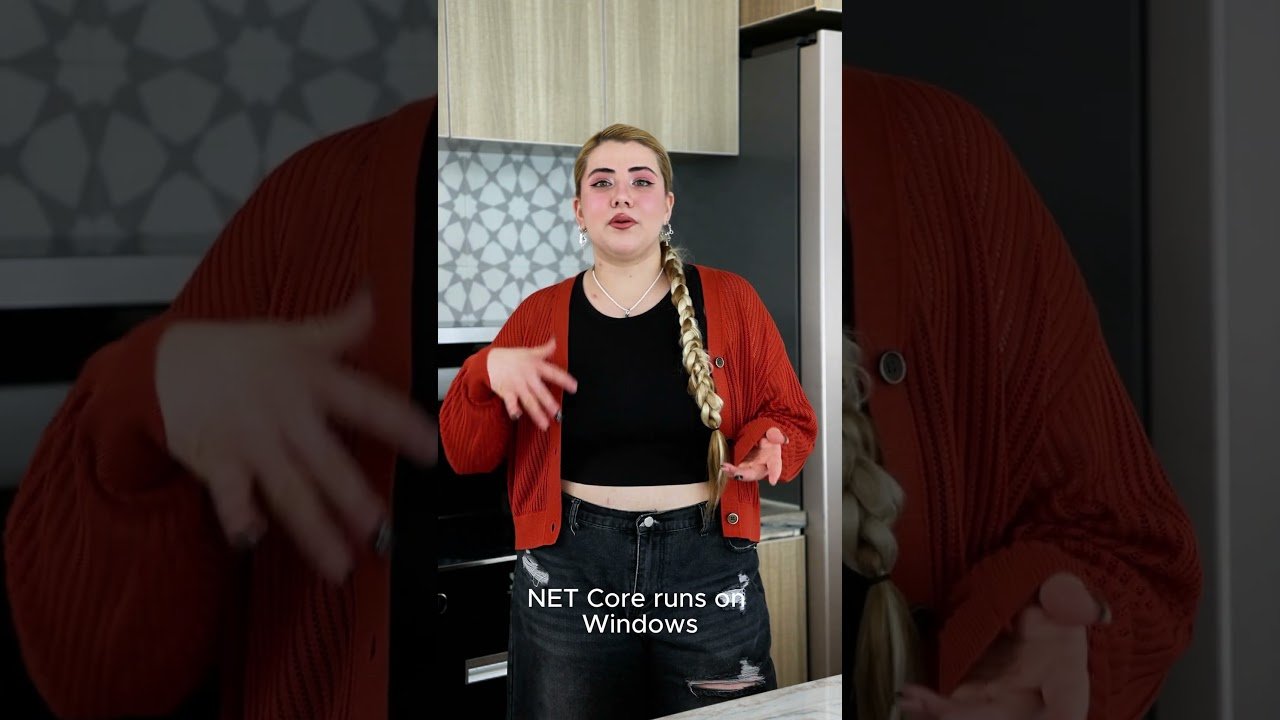



.NET Core is a free, open-source platform made by Microsoft for building apps that can run on Windows, Linux, and macOS. Example: If you make a calculator app with .NET Core, it can run on a Windows laptop, a Mac, or even a Linux computer. Difference from .NET Framework: .NET Framework only works on Windows. […]

Let’s break down two buzzwords you’ve probably heard in the world of web security: OAuth 2.0 and OpenID Connect. OAuth 2.0 is like giving someone a valet key — limited access without handing over your master keys. It lets apps request permission to access your data — like your Google Drive or GitHub profile — […]

Ever tried to fetch data from another website in your web app — and got blocked? That’s CORS in action! CORS, or Cross-Origin Resource Sharing, is a security feature built into web browsers. It controls which websites are allowed to talk to each other. By default, a website can only request resources from the same […]

“In ASP.NET Core, the Data Protection API is like a digital safe — it protects sensitive data like authentication tokens, cookies, and user info. Instead of storing plain text, it automatically encrypts and decrypts data behind the scenes, keeping it secure even if someone gets access to the storage. It uses strong cryptographic algorithms and […]

“Ever wonder how developers catch bugs before they become big problems? That’s where Unit Tests come in. A unit test is a small piece of code that checks if another small piece of code — like a function or method — works the way it’s supposed to. Think of it like a mini quality check […]

🧠 What is Integration Testing? Integration Testing focuses on testing how different parts of a system (like services, APIs, databases, or external systems) work together. It ensures that the components function as expected when they interact. ✅ Key Points of Integration Testing: ✅ It tests the interaction between multiple components (unlike Unit Testing, which tests […]

Answer: .NET Core is a cross-platform, open-source framework for building modern applications. .NET Core runs on Windows, Linux, and macOS .NET Framework is Windows-only Example: I used .NET Core to build a REST API deployed on Linux using Docker.

A: DI supplies a class’s dependencies from the outside, improving testability and decoupling. Example: In ASP.NET Core, you register IMyService in Startup.ConfigureServices and the framework injects it into controllers.